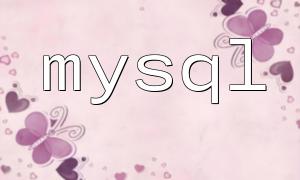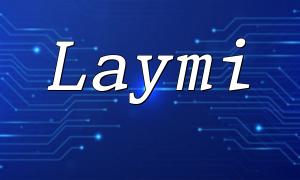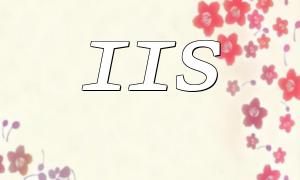With the rapid growth of the internet industry, the demand for programmers continues to rise, especially in the field of web backend development. JavaEE and PHP, as two important technology stacks, each possess unique strengths and broad employment opportunities. This article explores their performance in today’s job market in detail, helping job seekers make informed and rational career choices.
JavaEE, as an enterprise-level development platform based on Java, is widely used in large enterprises and complex system development. It is known for its stability and high scalability, making it the first choice for many large projects.
Main positions in the JavaEE field include Java developer, system architect, and backend developer. The market demand for professionals skilled in JavaEE continues to grow, especially in industries such as finance, telecommunications, and large internet companies.
JavaEE developers generally receive higher salaries, particularly in first-tier cities, with annual salaries ranging from approximately 150,000 to 300,000 RMB. Salary levels increase significantly with experience and technical expertise.
PHP, as a popular open-source scripting language, is favored by small and medium-sized enterprises and startups due to its simplicity and strong community support. It is widely used in e-commerce, content management systems, and website development.
Typical PHP-related roles include PHP developer, website developer, and full-stack developer. Demand in this area remains stable, making it suitable for developers who prefer flexible work environments.
PHP developers typically earn less than JavaEE developers, with annual salaries generally between 100,000 and 200,000 RMB. Despite the lower starting point, experienced PHP developers can still achieve attractive compensation.
When choosing a technology path, factors such as project requirements, team environment, and personal development plans should be considered comprehensively.
JavaEE is better suited for large-scale enterprise applications, focusing on system stability and scalability, whereas PHP is ideal for rapid development of small to medium projects, emphasizing flexibility and efficiency. If your goal is to work in large enterprises, JavaEE is a strong option; if you prefer startups or SMEs, PHP is more fitting.
PHP is easy to learn and suitable for beginners to quickly get started; JavaEE has a complex technology system and a steeper learning curve, requiring a longer time commitment. The choice should be based on your available time and career goals.
Whether choosing JavaEE or PHP, the key is to find a development path that suits you. In addition to mastering basic skills, continuous learning of new technologies and accumulating project experience are essential to remain competitive in a fierce job market. We hope this article helps you clearly understand the career prospects of both technologies and supports your career development.




